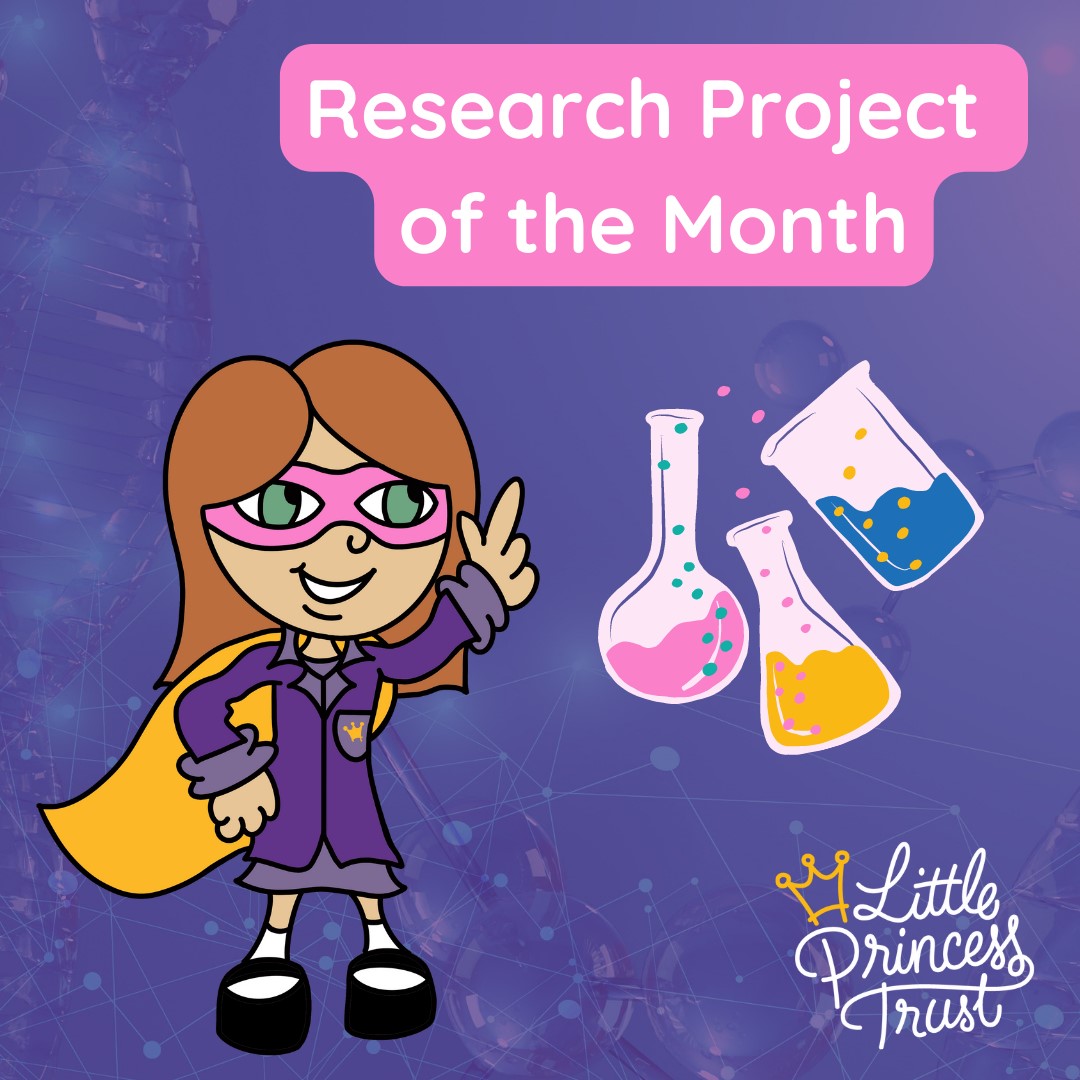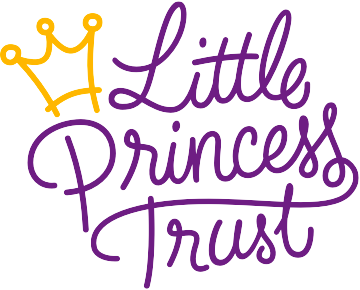Little Princess Trust News
Fighting proteins to treat Wilms tumour

Professor's project aims to target kidney cancer
Protein is a really important part of your diet, whether you get it from meat and dairy or lentils and beans.
That’s because tiny pieces of the proteins you eat are used throughout the body, from repairing muscles to fighting infections.
There are lots of ways that protein is used by the cells in your body, which means that it is vital to keep your body running properly.
Cancer cells also need proteins to survive, and even produce their own proteins.
These proteins are made according to the instructions in a cancer cell’s DNA. However, because there are errors in the DNA, the proteins can be made incorrectly or be made too little or too often.
In Wilms tumour, a type of childhood kidney cancer, the cancer cells make far too many proteins that promote cell growth.
_7.jpg)
This helps the cancer cell to grow, but the cell can end up dependant on that protein for survival.
Professor Karim Malik has just finished a three-year project which aimed to find a way to attack one of these growth-promoting proteins, called p53, in order to treat high-risk Wilms tumour.
When Karim applied for this project funding, there was no effective way to turn off p53 proteins, and researchers did not know exactly how p53 caused high-risk Wilms tumour.
If p53 can’t be turned off directly, Karim thought it could be stopped by turning off another protein that it interacts with.
In the project, he looked at a protein that controls how many p53 proteins are made. He discovered that removing that protein from Wilms tumour cells significantly reduced cancer cells’ growth and could even kill them outright.
This finding, along with Karim’s additional work on how proteins interact in high-risk Wilms tumour, could lead to a new targeted treatment for this cancer.
There aren’t currently any medicines being tested that can stop p53 in this manner, so Karim plans to do more research on indirectly targeting p53 to show that it is a good candidate for drug development.
You can find out more about this project here.
Artwork for main image: Matilda Phillips.



